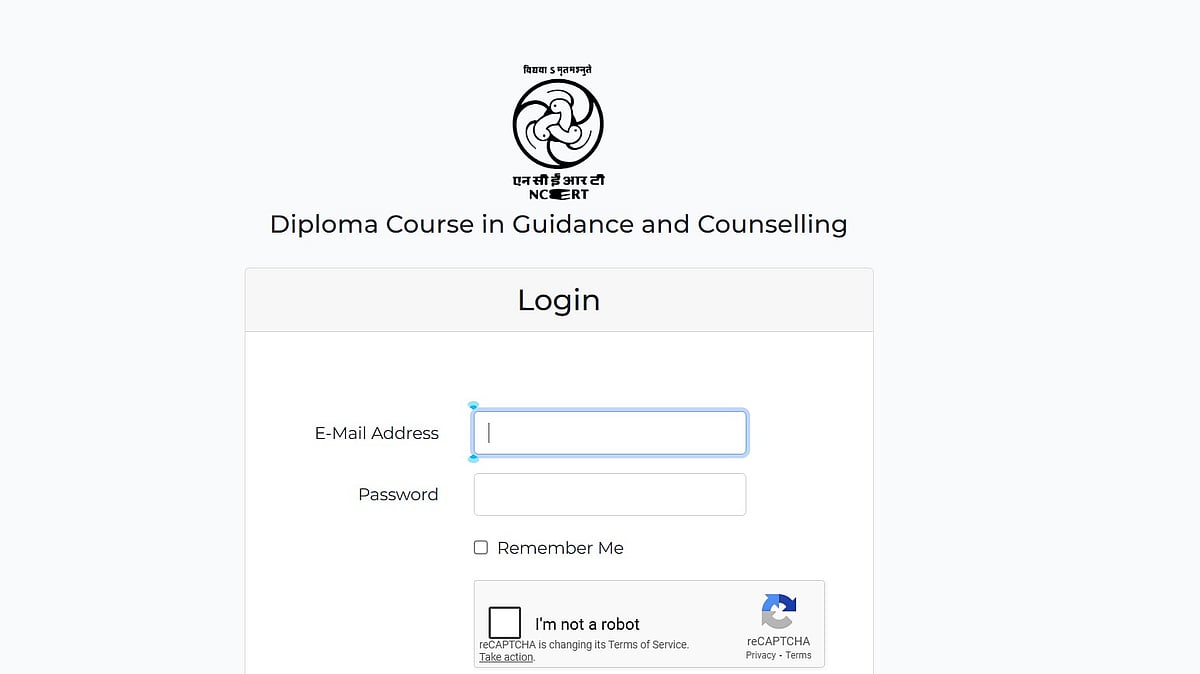PROVIDENCE: In a recent update, Brown University has reached a $120 million fundraising target with the help of donors. As a result, the university aims to adopt a need-blind admission policy for all international undergraduate students beginning with the Class of 2029, who will enroll in Fall 2025.
Brown University has upheld a need-blind admission policy for American undergraduates since 2003, removing the assessment of their financial capacity to pay tuition from the admission process. Extending this policy to international undergraduates will enhance the university's capacity to admit and educate gifted students from diverse backgrounds and income levels.
After putting the policy in place for the Class of 2029, the University will depend on ongoing donations to secure an extra $100 million in order to establish the initiative permanently. This decision is part of a long-term dedication to admitting students regardless of their financial capacity to cover tuition fees, and to guarantee the endurance of financial aid programs for future generations, emphasized by Brown University President Christina H. Paxson.
“Making Brown (University) an affordable choice for extraordinarily talented international students from every income level is nothing short of transformational,” Paxson said.

Further adding to hi point, he said, “The University is at its very best when we welcome and support students from the widest possible range of backgrounds, experiences and viewpoints, who learn from each other on campus and generate new understandings and insights in an increasingly complex world.”
Additionally, the program expands on current endeavors to draw in global students, allowing a wider pool of talented individuals from various countries to select Brown University with substantial financial assistance. For example, junior student Lynda Winnie Umuhoza from Kigali, Rwanda, is pursuing a degree in computer science with the help of this support.
“If I hadn’t received such a generous amount of aid, I would not be at Brown. I’ve always been really active in community service, and by giving me this opportunity, Brown is helping my entire community, in a sense,” Umuhoza said.
“I can go back to Rwanda and be able to help people. So this isn’t just helping one student, but also the entire community that I come from,” Umuhoza added.
Furthermore, after the implementation of the plan, Brown University will join a select group of seven U.S. colleges that admit international undergraduate students without considering their financial need, according to Logan Powell, the associate provost for enrollment and dean of undergraduate admission. This commitment is expected to enhance Brown University's capacity to attract highly skilled students from across the globe.
“This creates the exciting opportunity for us to expand our outreach to more parts of the world and to admit exceptional students from a much broader range of socioeconomic backgrounds,” Powell said.
The transition from the University's current policy of considering international undergraduates' financial need in admissions decisions to a need-blind approach will have a substantial impact, he noted.
“This enables Brown to fulfil commitments around the world that we think are vitally important to the diversity of perspective and academic strength that define the Brown community,” Powell said.
“Expanding opportunities to talented and deserving students from around the world will add to one of Brown’s greatest strengths: its people,” he added.
(The preceding details, quotes and information is sourced from a press release issued by Brown University)










